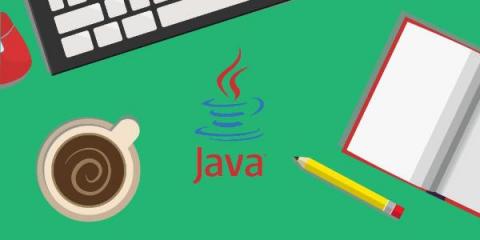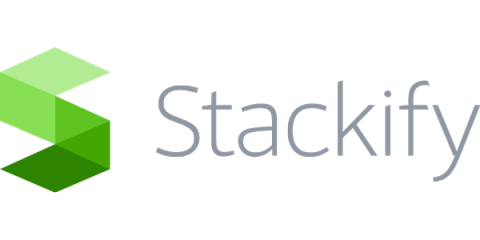Python Tips: 10 Tricks for Optimizing Your Code
Python is a universal language that is widely used in various industries. In this post, we’ll look at 10 tricks that can help you optimize your Python code, regardless of your Python framework. From following coding conventions and meaningful names to using exceptions for error handling and taking advantage of built-in functions, these tips will help you write cleaner, faster and more maintainable code.











